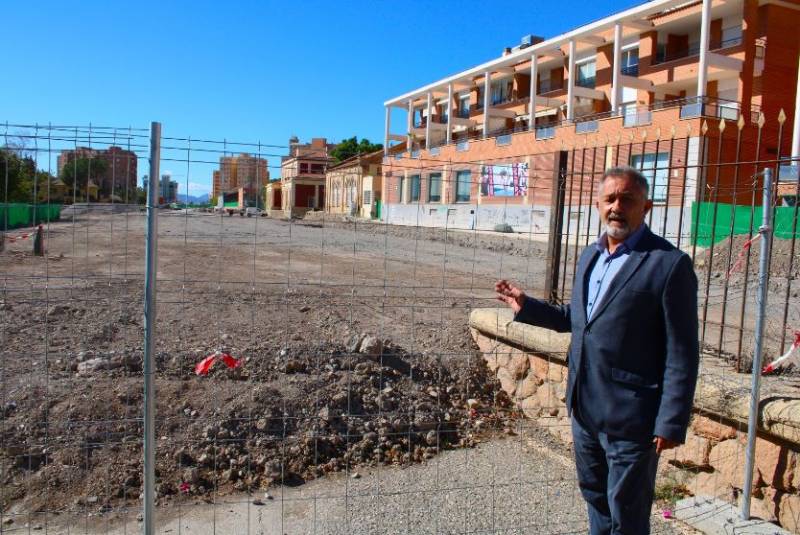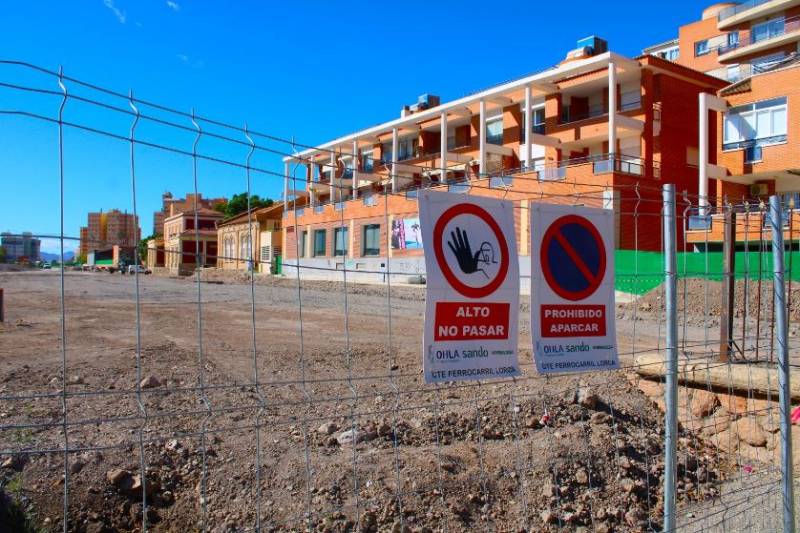Date Published: 18/10/2024
Lorca fights to revive a forgotten railway line and bring life to rural Spain
A new campaign aims to reopen the abandoned Guadix, Baza, Almanzora, Lorca railway line
In a bid to revitalise the rural regions of southeastern Spain, the city of Lorca has joined forces with neighbouring towns to demand the reopening of the Guadix-Baza-Almanzora-Lorca railway line.
This long-abandoned route, which was “unjustly” closed in 1984, holds the key to unlocking economic growth, job creation and sustainable development in an area often referred to as ‘empty
Spain’.
Ángel Ramón Meca Ruzafa, Councillor for Large Infrastructures, believes that reopening the railway line is not only viable but also crucial for the region's future.
“It would mean a strategic positioning for Lorca between the ports of Algeciras and
Valencia and in connection with the logistics centres of the area of influence,” he said.
The proposed reopening of the railway line is part of the ‘No hay bien que no viene por tren’ (There’s no good that doesn’t come by train) campaign, which aims to bring attention to the importance of reviving the railway network in rural Spain. The campaign argues that reopening the line would not only create jobs but also improve connectivity, reduce traffic congestion and promote sustainable transportation.
However, Spain’s Ministry of Transport recently published a report claiming that reopening the rail link, included in the Murcia-Granada line, is “economically unviable”.
But Meca Ruzafa has strongly criticised the report, calling it “partial, biased, erroneous and deceitful”. He argues that the report fails to consider the railway line within the context of
the Mediterranean Corridor, which would make it a vital link in the Region’s transportation network.
The railway groups of the southeast have presented objections to the report and are preparing a major social mobilisation to demand the reopening of the railway line.
Lorca’s councillor has also reiterated the importance of restoring the Cercanías service, which has been suspended for three years, and has called for the Ministry to speed up the completion of the
Totana section to enable the San Diego station and reconnect the Cercanías with Madrid and Barcelona.
“Three years have passed without trains and there is no specific date for this service to be resumed. One million citizens are forced to take to the road due to the poor bus service that covers the route that the Cercanías used to make. We have a collapsed A-7,” he stressed.
Finally, he has again expressed his concern about the pace of the works. “They are making progress on burying the lines as they pass through the city, but it is of no use if the previous sections are not finished, because not a single train will be able to arrive if those routes are not finished first.”
article_detail

|













